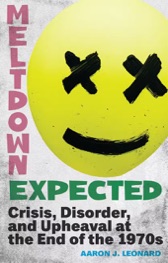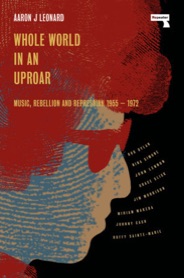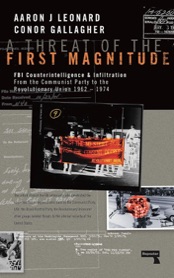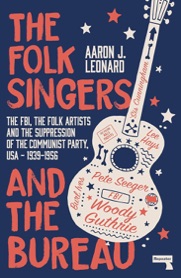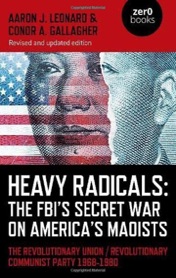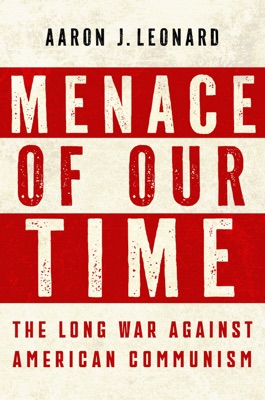COPYRIGHT 2025 AARON J. LEONARD
Aaron J. Leonard
Author | Historian
This comprehensive and sprightly story suggests that the ascendancy of today’s right wing is based in no small measure on their obsession of the previous epoch—anticommunism—which savaged progressivism under the guise of fighting Communists. This book is an important contribution.”
- Gerald Horne, author of Black Liberation/Red Scare: Ben Davis and the Communist Party
The sordid story of the intense and prolonged repression of American communists has never been told better. Aaron J. Leonard’s compelling and highly illuminating book is a must-read for everyone interested in US political history."
—Geoffrey Roberts, Emeritus Professor of History at University College Cork and Member of the Royal Irish Academy
Aaron Leonard’s study of unparalleled political repression is both comprehensive and engrossing. For over sixty years, mass surveillance, sustained persecution, and frequent imprisonment were all used to silence American communists and, more broadly, cripple left-wing activism. Essential reading for students of American political history.
—Phillip Deery, author of Red Apple: Communism and McCarthyism in Cold War New York
***
Beginning at the turn of the century, and ending only with communism's collapse, the US government and major elements in the wider society undertook an unrelenting effort to suppress and criminalize domestic communism. This book will track those efforts; from the state laws of the twenties that imprisoned the fledgling communist leadership, the efforts by police and local authorities against communists as they fought for unions, racial equality, and the unemployed, the trials and imprisonment of communist leaders mid-century, the extra-legal efforts of the Counterintelligence Program (COINTELPRO) in the sixties, and the ongoing, relentless attention by the FBI afterward. This is a long-overdue book about the most extensive, repressive effort ever undertaken by US authorities against a political organization which, however problematic, was largely operating within the scope of constitutionally mandated freedoms.

